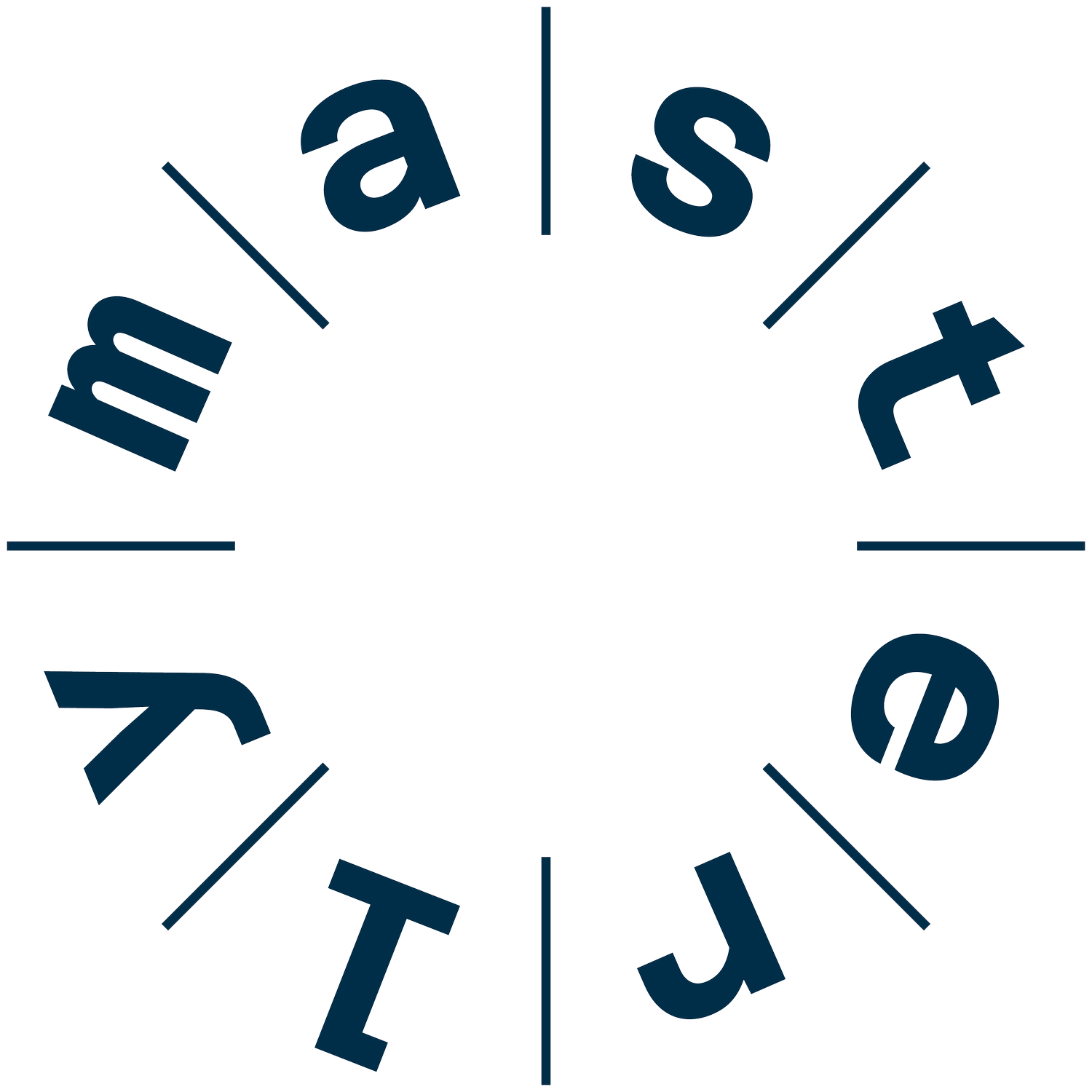Onboarding - You’re (probably) doing it wrong
What does your company's onboarding process look like? If your company is like most others, it probably goes through a process of organisational socialization. This involves educating the new employee on the values, behaviours and knowledge that are required to succeed in the organisation.
The other approach to onboarding that your company might take is one of apathy. Here organisations rely on the new employee to take initiative to learn about the company and what is required of them.
In the onboarding process, however it is done, the new employee is going through a process of crafting their identity within the organisation. They are asking questions such as
‘How do I fit into this team?’ ‘What is expected of me by my manager’ and ‘What parts of myself do I need to conceal and what is ok for me to reveal in this work environment?’
You can see why companies would lean towards organisational socialization. The company needs a certain level of continuity in how employees should behave when they are representing the organisation and want to ensure that the companies values and desired competencies continue to be represented in the company culture.
This approach though presents an inherent problem. If we assume that it is important for most people to be their authentic selves, there is not much room in the onboarding process for authenticity. The socialization process to onboarding stifles individuality and leads to personal suppression of identity which can be depleting and demotivating. Lots of studies have shown the link between authenticity and lowered anxiety and emotional exhaustion, better performance on creative tasks and lower staff turnover.
Companies such as Virgin are catching onto the power of authenticity and recent campaigns seek to push the individuality of their employees.
An alternative to organisational socialisation could be an onboarding approach grounded in personal identity. This approach encourages new employees to express their personal identity and in particular, focus on their own strengths and values and how they will bring these to their new company. This approach has been shown to lead to significantly greater employee retention, greater commitment and satisfaction with work and higher levels of productivity and work quality.
Focussing on a new employees strengths is a great way to get them to connect the best version of themselves to how they will perform in their role at the start of when they are shaping their new orgnaisational identity. It also supports faster integration into the team as colleagues know what they do well and how to work with them.
Bringing employees personal values to the force can help them connect to the company values in a way that makes sense for them. Traditional on-boarding may be successful at helping employees to know the company values but it is less effective at getting employees to integrate their own values. Starting with personal values shifts the process from head to heart. New employees connect to what truly matters to them and in turn apply that to how they will show up in the organisation.
What you can do differently
Strengths
You can use a strengths tool such as Clifton Strengths to support this process or you can simply ask some strengths-based questions of your new recruits:
- What three words describe you best?
- What makes you happy at work?
- What is unique about you that leads to your best performance at work?
- How will you bring your unique strengths to this role?Encourage new joiners to share their strengths with others when they meet them or arrange a strengths session where the teams can all share their strengths.
In your check-ins refer back to the strengths questions/ results and see how they are applying them in the role so far.
Values
Ask the employee to complete a values assessment or ask them what is most important to them in their work. (note - having a list they can select from will make this process easier).
Encourage conversations about their personal values, how they show up at work and at home and what they mean to them.
Ask them how they see their values linking to the company values .
If you are interested in strengths and values workshops for your new joiners, speak to us about how we can help.
This blog was inspired by the article Breaking them in or Eliciting their Best, Reframing Socialization around Authentic Self Expression, Cable et al, 2013.

